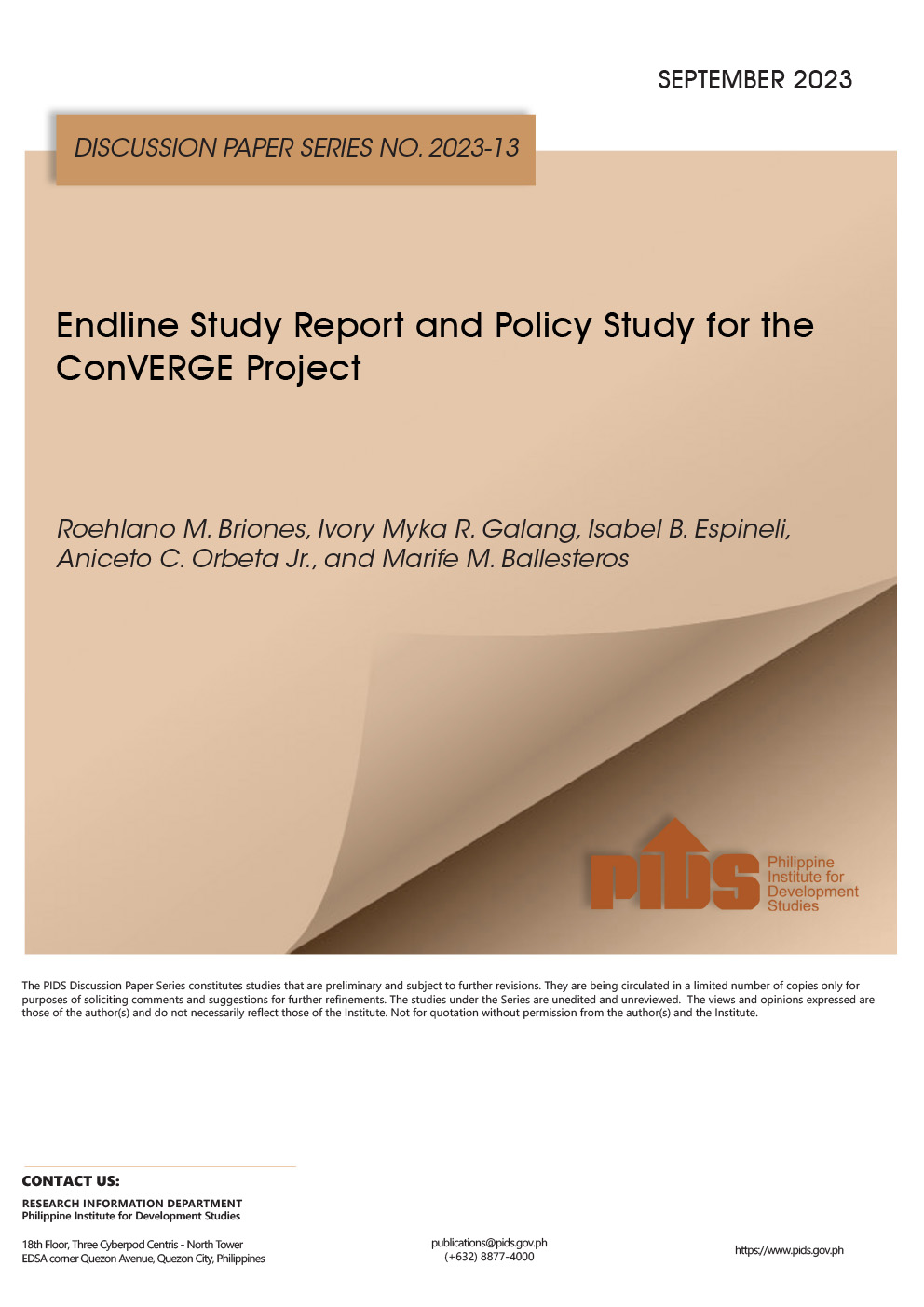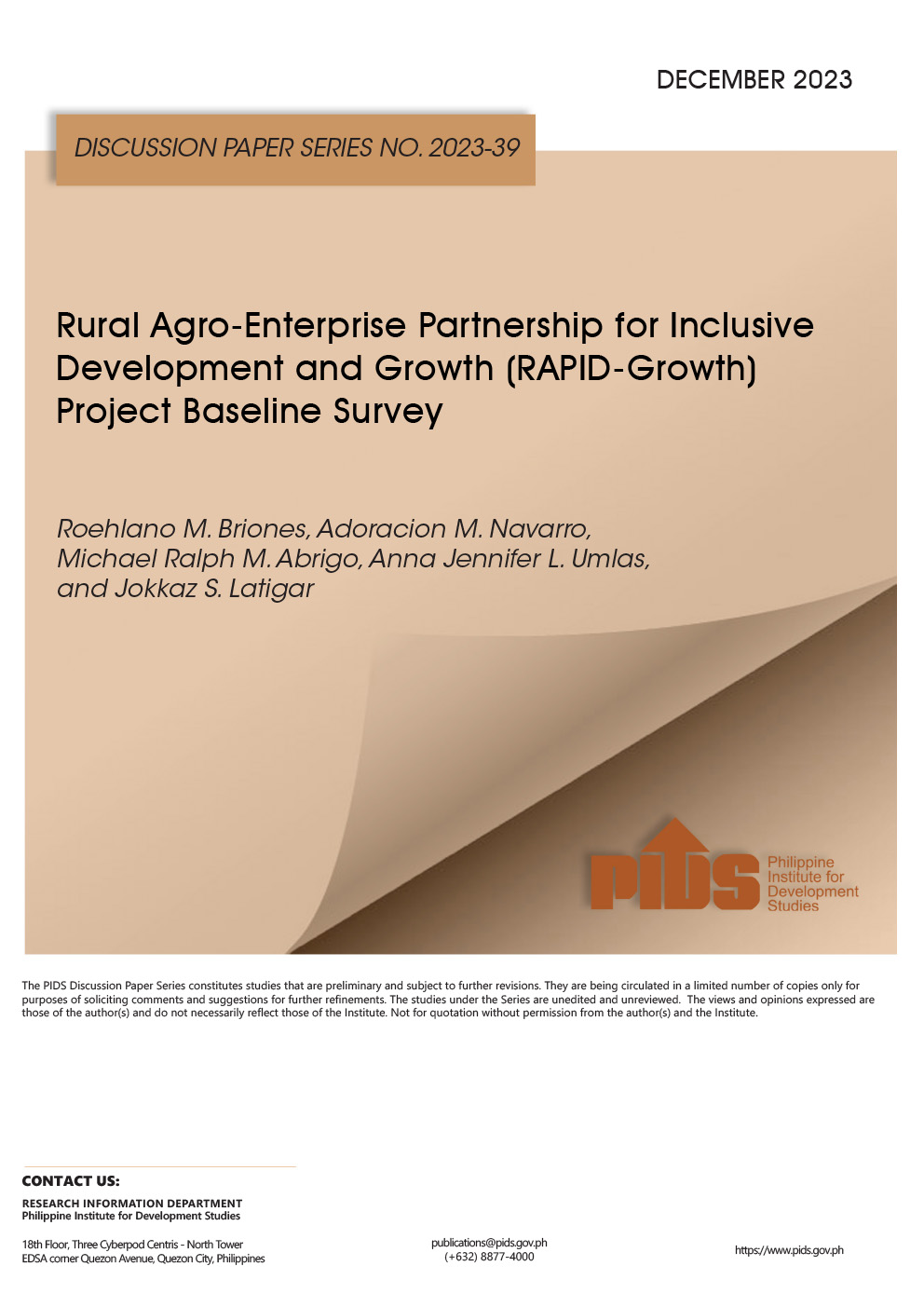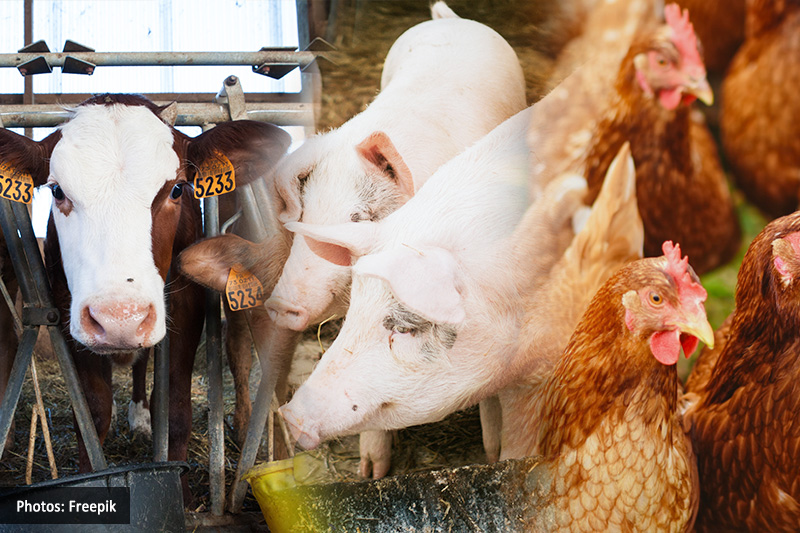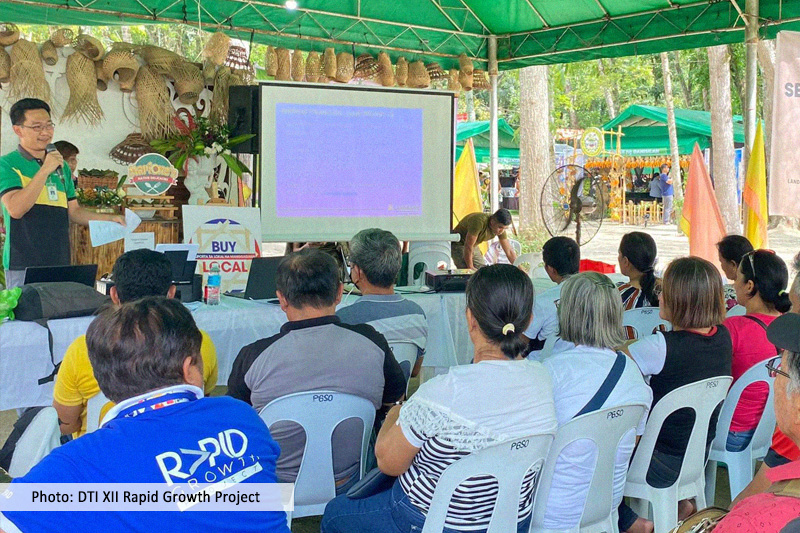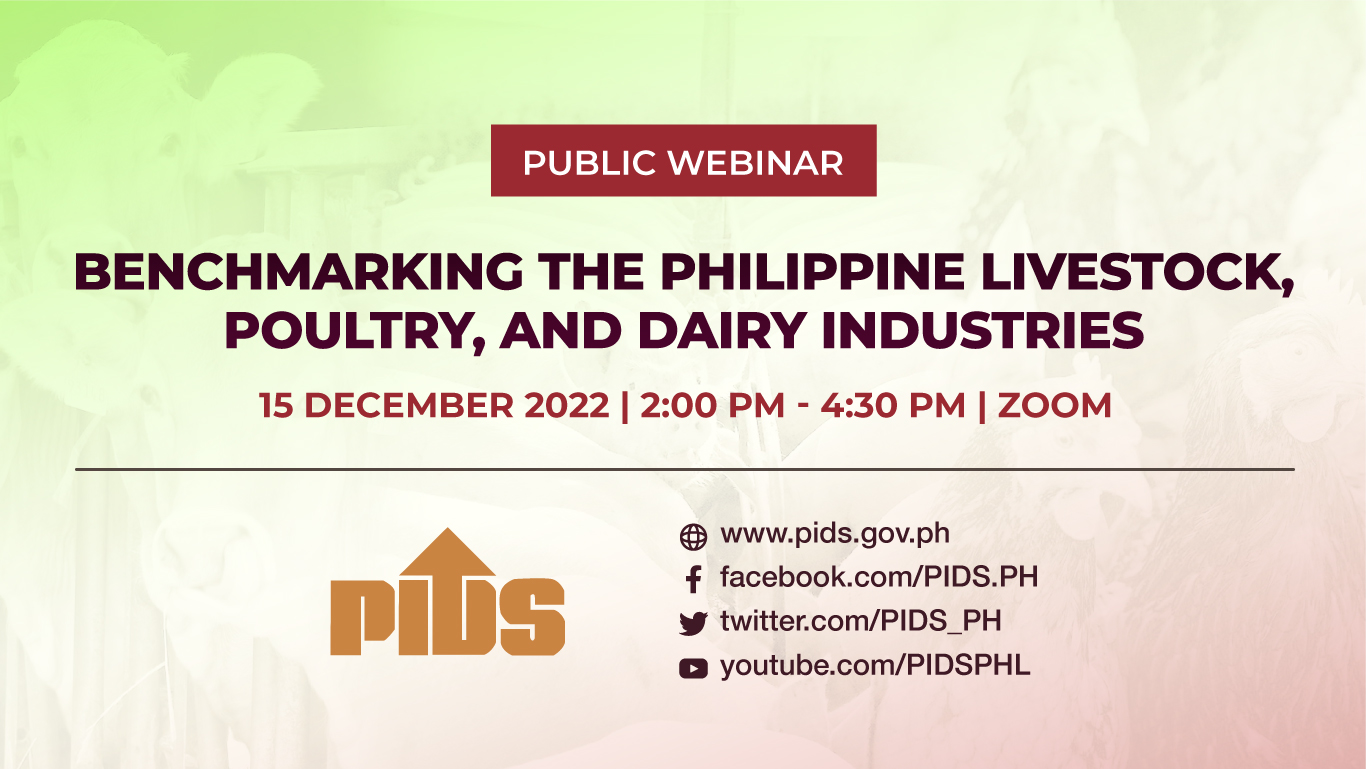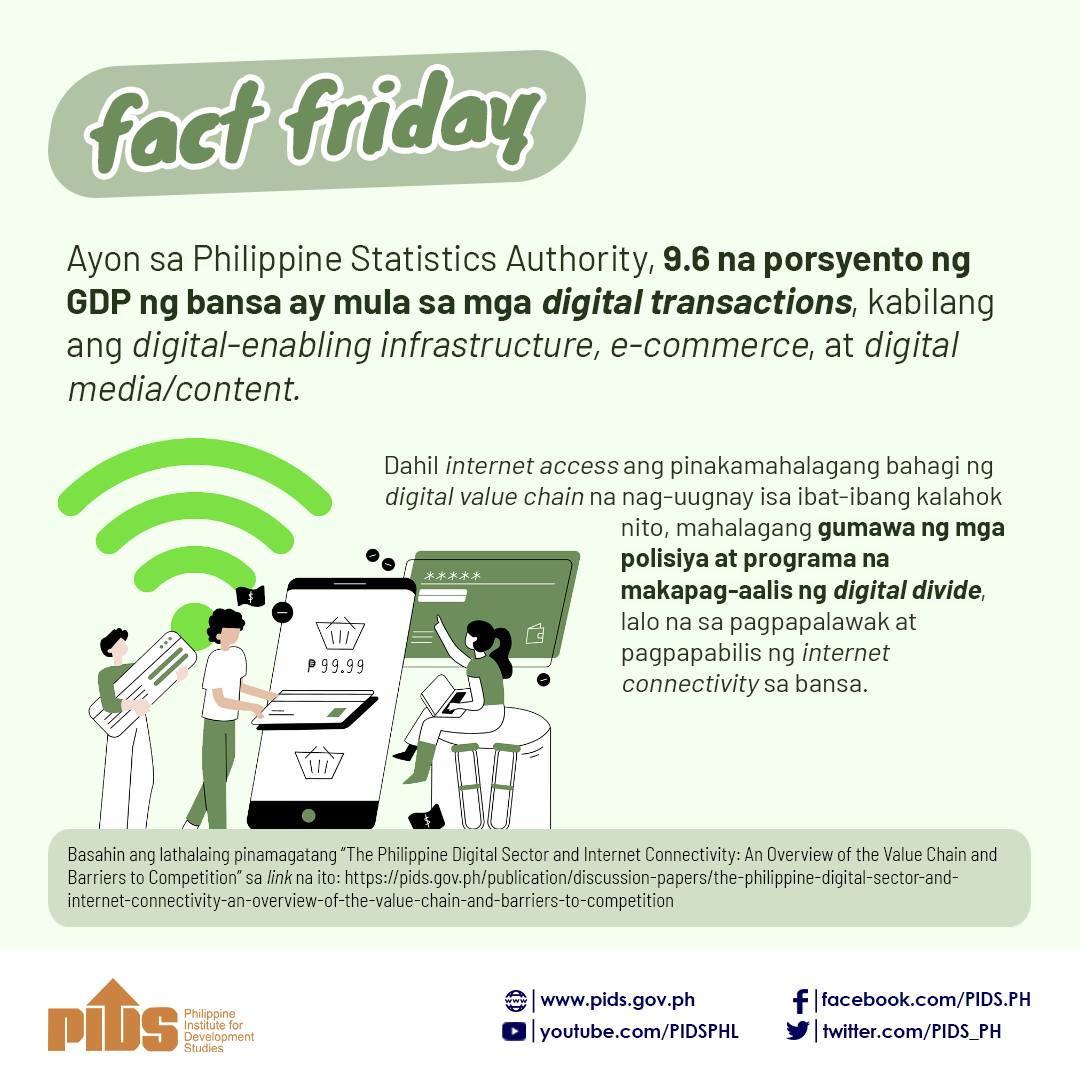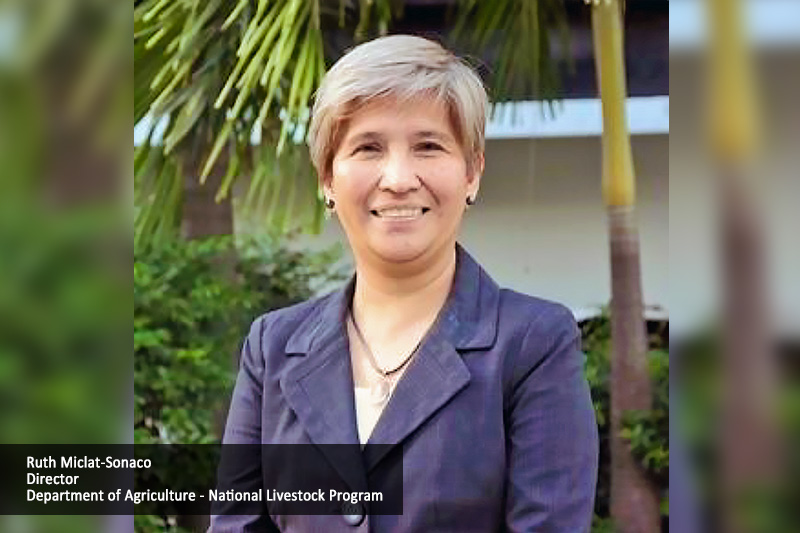
The government works closely with smallholders and the private sector to modernize and help the country’s livestock industry recover to pre-African Swine Fever (ASF) levels.
This was according to Ruth Miclat-Sonaco, director of the National Livestock Program of the Department of Agriculture (DA), who spoke as a discussant at a public webinar organized by the Philippine Institute for Development Studies (PIDS) recently.
The webinar featured two benchmarking studies, namely “Domestic Benchmarking of the Philippine Livestock, Dairy, and Poultry Industries” by PIDS Senior Research Fellow Sonny N. Domingo, former Supervising Research Specialist Maureen Ane D. Rosellon, Senior Research Specialist Pauline Joy M. Lorenzo, and Research Specialist Arvie Joy A. Manejar, and “Towards Competitive Livestock, Poultry, and Dairy Industries: Consolidated Benchmarking Study” by PIDS Senior Research Fellow Roehlano M. Briones and Research Analyst Isabel B. Espineli.
Miclat-Sonaco emphasized that national programs and initiatives are being co-implemented and co-developed with smallholders and the private sector to respond to the needs of the livestock industry.
“Economies of scale play an important role in providing bigger net returns. DA has been advocating the clustering and consolidation of backyard farmers to achieve economies of scale… and [involve them] as implementors of major interventions… for disease control measures,” she said.
DA’s flagship program for swine rehabilitation and recovery, dubbed as Integrated National Swine Production Initiatives for Recovery and Expansion (INSPIRE), promotes clustering of backyard farmers into farmers’ cooperatives and associations (FCAs) to implement biosecurity and disease control measures.
“We are pinning our hopes on the INSPIRE program, which aims to help smallholder farmers to modernize and commercialize operations. It seeks to give biosecure facilities with a minimum capacity of 300 heads of finishers,” Miclat-Sonaco said.
She also recognized the crucial role of FCAs in implementing DA interventions, which is why consolidating backyards farmers remains a priority for the agency.
“The department pays special attention to FCAs as beneficiaries and implementers of interventions, which ensure that the livestock industry remains disease-free,” she said.
Policies are also being updated to become responsive to the livestock industry. According to Miclat-Sonaco, a bill that seeks to establish the Livestock Development Authority and consolidate the various agencies under the National Livestock Program has been filed in Congress. If passed, it would help unify and strengthen efforts to improve the livestock industry.
With these ongoing programs, initiatives, and collaborations, Miclat-Sonaco is optimistic about the future of the livestock industry. “I’m positive that in the next two to four years, the industry would recover, and we would be able to return to the pre-ASF share of commercial farms,” she claimed.
Watch the webinar at https://fb.watch/hy1uIiWRko/ and https://youtu.be/aEB65QCA2iE.
For more videos of PIDS events, go to https://pids.gov.ph/videos. ###

